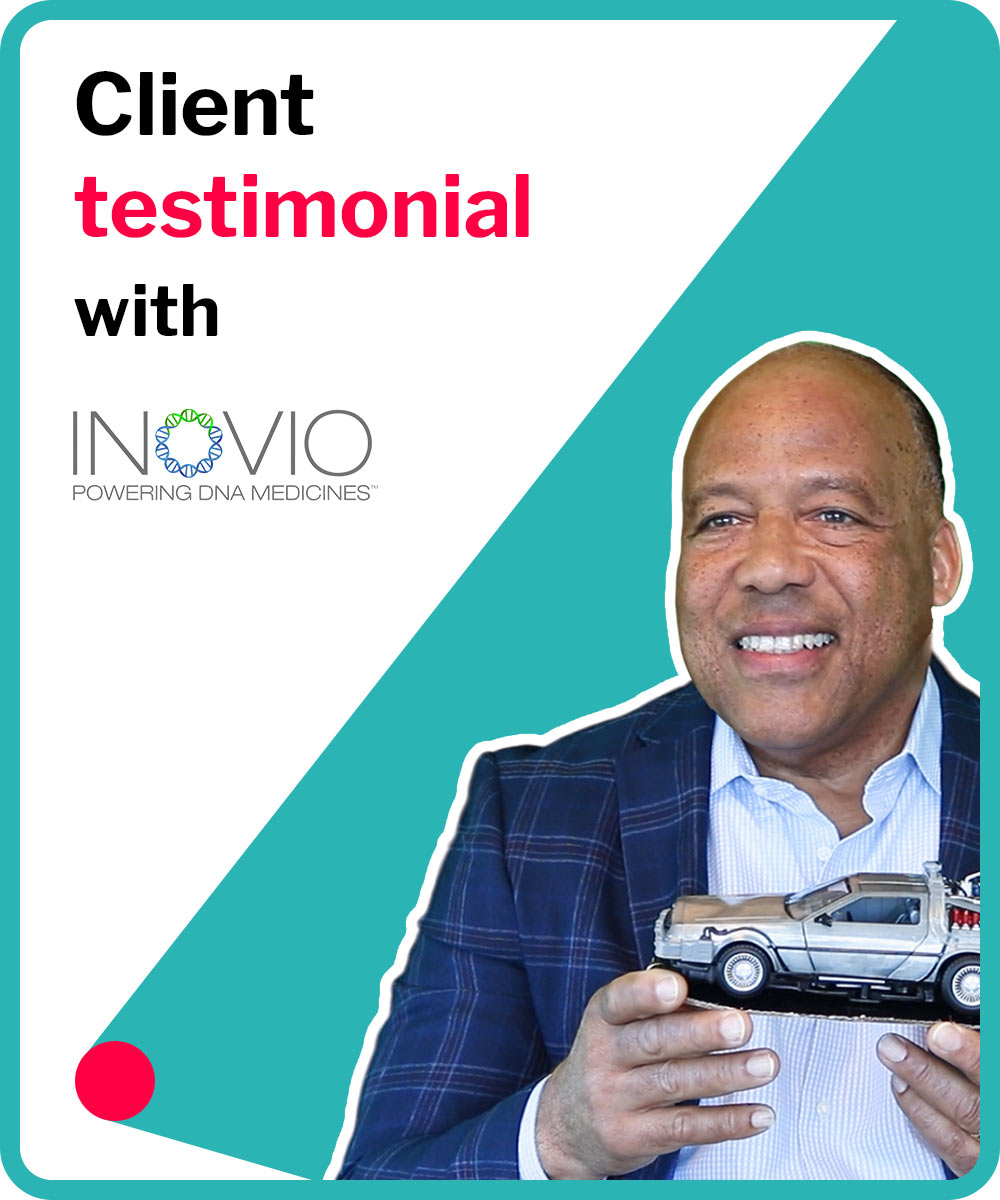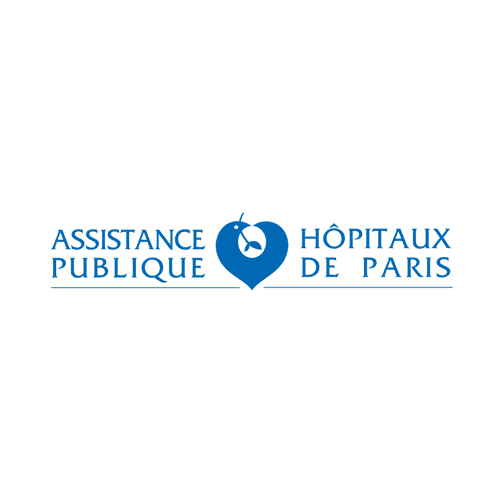
Workshops
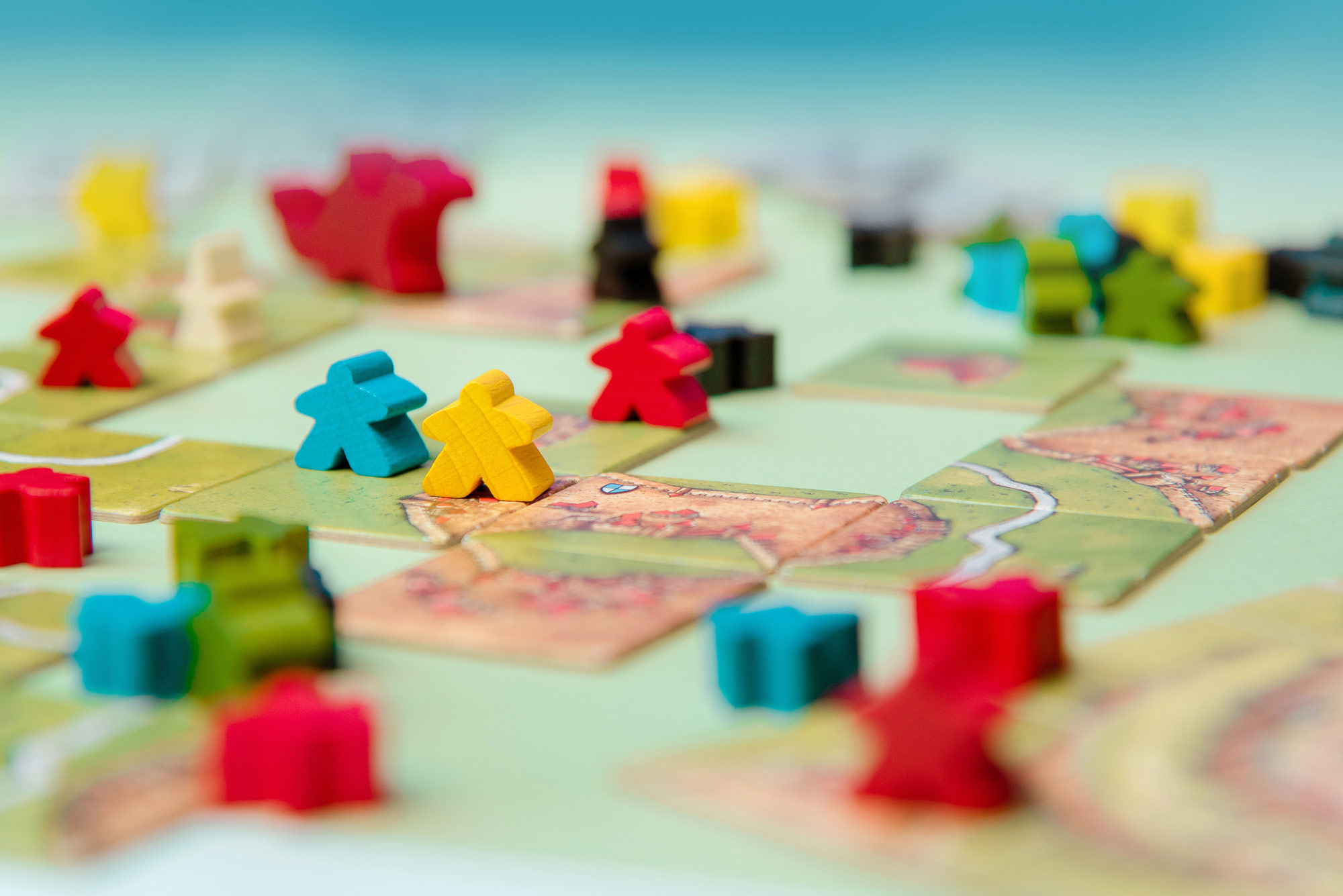
Gather your stakeholders in customized workshops and work together towards a common goal
For more than 30 years, our specialized team has been supporting companies in the organization and the animation of their workshops with various stakeholders (teams, customers, partners, etc.), either face-to-face or remotely, to achieve a common goal.
They trust us



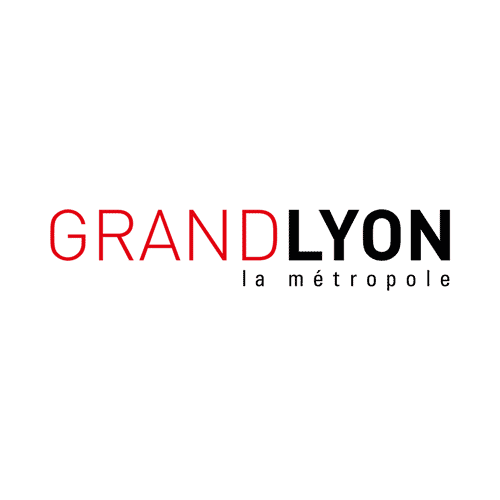

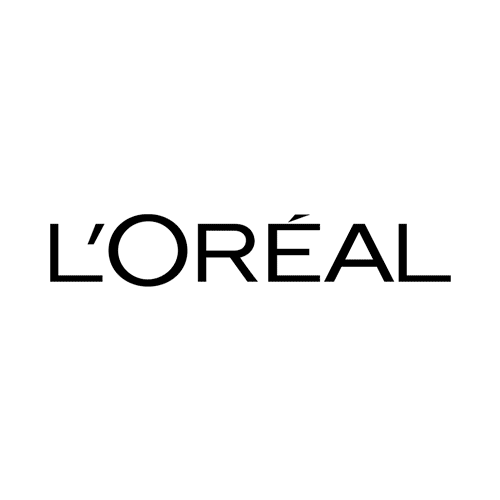
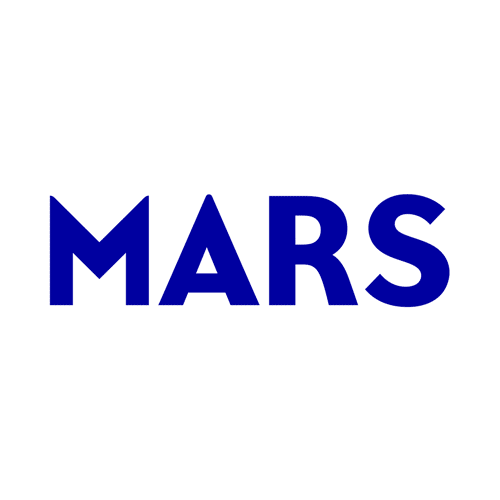
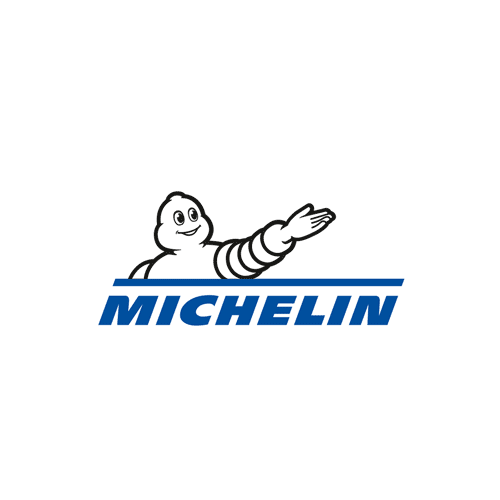

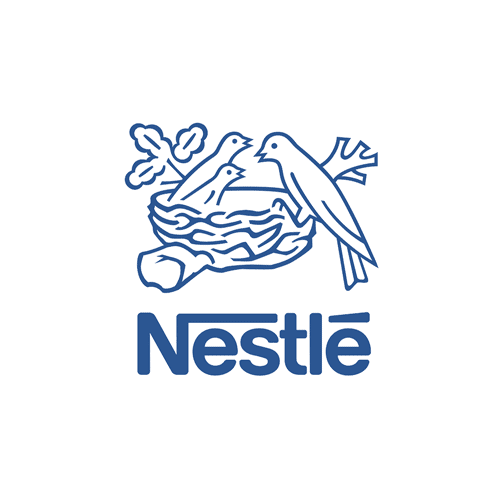
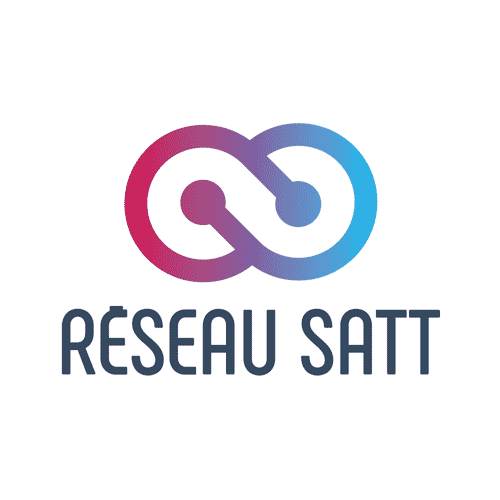
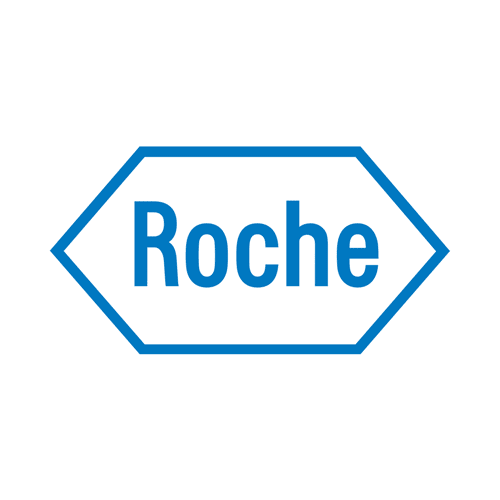
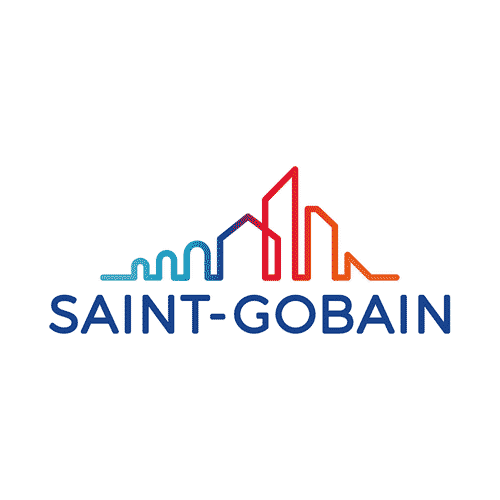

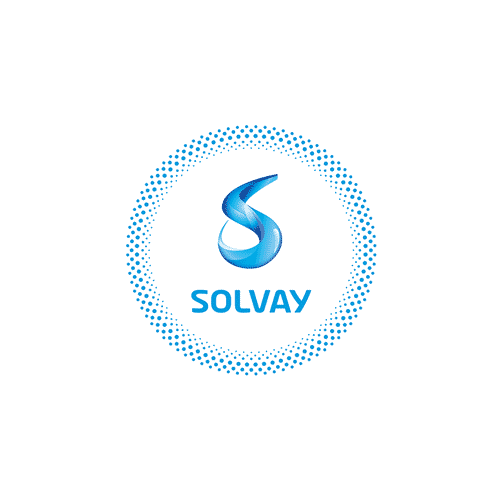
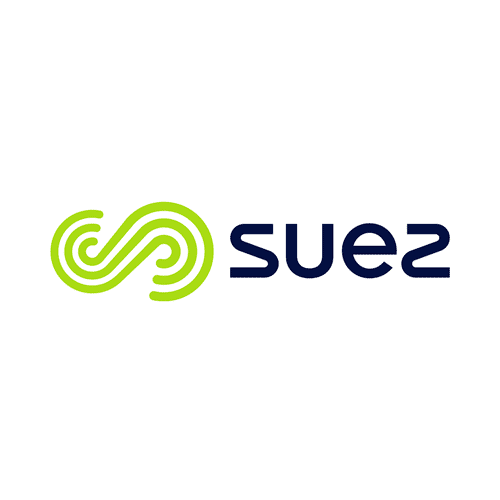
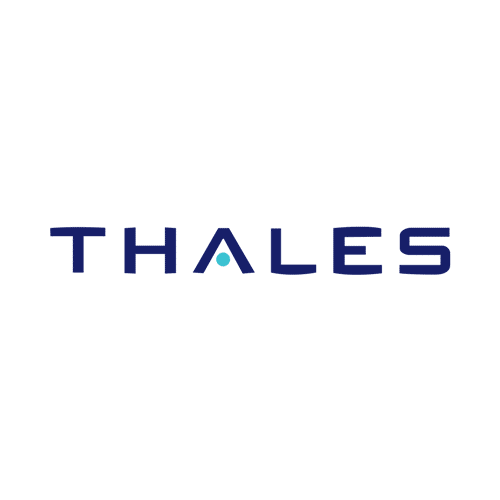
Key success factors for a workshop
Workshops are a good tool to bring several people from an organization together, inspiring thought-provoking discussions, and encouraging colleagues to work towards a common goal. However, a successful workshop requires careful preparation.
Designing a productive workshop can be attributed to the following key success factors:
Having a central theme is a tangible way to ensure that the content of a workshop is focused and aligned with the purpose. This establishes a guide to communicate clear objectives, structure an appropriate format/ design and accommodate the intended outcomes. Additionally, it sets the tone for potential participants and gives them a foretaste of what to expect. A clear central theme has the ability to capture their attention, pique their interest, encourage active participation and leave a lasting impression.
How to attract participants for a workshop? How can a central theme aid in structuring a workshop?
The goal of workshops is usually to achieve impact through enjoyable means. This typically requires active participation, which can be achieved through engaging participants in interactive exercises throughout the workshop. Some examples include starting with a fun ice breaker to build rapport, facilitating small group discussions that foster collaboration and encourage everyone to share their opinions, and having role-playing games that push participants to be creative and think outside of the box.
Why do interactive workshops tend to be more successful? What are some best practices to keep participants engaged?
Of course a workshop must serve a specific purpose, and here come two main struggles, if not well prepared. The first is the precise definition of the goal of the workshop, what are the intended outcomes. This should drive the design of the workshop itself, the choice of the participants and if not clear, it will leave a feeling of dissatisfaction. The second struggle is to forget the goal during the hopefully very lively workshop, and by doing so, to end… nowhere. This is one of the reasons why it is interesting to call on an external, experienced moderator.
How can the success of a workshop be measured? What is the end goal of the workshop?
How we support you in the organization of your workshops
For us, workshops are an excellent opportunity to directly involve our clients in sessions of creativity, sharing, alignment, co-construction and team-building. All our workshops are organized on an ad hoc basis, in person or remotely, and combine our mastery of the substance with specific methodologies (design thinking, consensus, simulation…), fun animation methods (role-playing games, wargames, escape games, life-size games, customized board games, etc.), and innovative and/or creative tools (horn, magic pens, 20 second kit, marshmallow, lego…).
What they say


"The benefit that really Alcimed brought to the table was to have an expert intermediary to take us through the process to really challenge our thinking."
Mark TWYMAN
Senior VP and Chief Commercial Officer
Examples of recent workshops carried out for our clients
Workshop organization: co-definition of a shared ambition and an associated roadmap
We supported the members of the management committee of a leading player in the vaccine industry in the co-construction of the ambition and the definition of the company’s five-year strategic roadmap. First, our team conducted an initial preparation phase for the workshop (analysis of the company’s current situation, understanding of the key challenges within 5 years, possible ways of evolution for the company and each function, etc.).
We then organized a two-day workshop mixing plenary sessions (co-definition of the ambition, intervention of external speakers,…), co-construction sessions in sub-groups (declination of the ambition into action plans by strategic pillar,…) and moments of fun, exchange or team-building during breaks, lunches and evenings.
This exercise enabled our client to reach its objective of co-construction, by aligning its management committee towards an evolution desired and shared by all, while reinforcing cohesion within the whole team.
Creative workshop: preparation and animation of a “culinary” workshop to decide on R&D investments
Our team supported the global R&D team of a leading food company in the development of its future product portfolio through a “culinary workshop”.
To do so, we organized and moderated a two-day workshop gathering about 40 participants, with the aim of selecting the two R&D programs to be conducted in the next few years. From the collection of their “ingredients” (ideas) to the realization of their “recipe” (R&D investment program), Alcimed supported the several R&D “kitchen” teams in the construction of their future during these two days.
Mixing numerous sub-team activities, presentation and voting sessions in plenary, and team building activities, our workshop resulted in the pre-selection of two of the developed programs to be evaluated by the company’s executive committee.
Inspiration workshop: benchmark of innovative business models in animal health
We worked with a leading player in the animal health sector who wanted to imagine new business models in connection with new services to be developed.
We organized an “inspiration” workshop bringing together players from different sectors such as Butagaz, Xerox, Samsung and Somfy. This workshop comprised 2 steps: the first one consisted in better understanding the history, the best practices and the key success factors of these inspiring companies’ models, and the second one consisted in co-constructing with our client the most adapted model to their case.
Our approach enabled our client to draw inspiration from other non-competitive players to define an innovative business model that would differentiate themselves from existing models.
Co-construction workshop: definition of new services to improve the well-being and patients quality of life throughout their patient pathway
Our team helped a leading pharmaceutical company to understand the emotions experienced by patients with rare diseases in order to develop a service offering that would improve their well-being and quality of life.
After mapping the emotions of patients throughout their care pathway (from pre-diagnosis to palliative care) in several European countries, our team benchmarked patient services around the world, before organizing a workshop with our client’s medical and marketing teams to select service ideas and pre-define service offerings to address the emotional challenges identified with patients.
Acceleration of the commercial dynamic of an animal health player through a “Win Game workshop”
Our client, a world leader in animal health, wanted to boost its commercial dynamic towards its competitors in Americas on a specific product range.
Our objective was to support our client in preparing a workshop: preparation of pre-read material, definition of the central theme and detailed outline, and moderating of the live workshop itself in the form of a win game. The win game is a workshop form that allows to understand and identify potential tactics and threats coming from the competition as well as to develop tactics to keep and strengthen one’s position in the market.
The gathered information and workshop outcomes helped our client to feed each country’s activation plan and to initiate first steps to implement this activation plan.
Organization of a “Win game” workshop to support different members of a pharma player’s team to improve the positioning of a vaccine
We helped a pharmaceutical company improve the product positioning of a vaccine and develop new marketing impulses ina highly competitive market by organizing a win game workshop with the Sales Forces, Medical Affairs, Communication and Marketing Teams.
After a detailed training on the differences between the various products on the market by the client, we provided an objective comparison of all the major product characteristics, which was the basis for the Win Game workshop. During the Win Game workshop, all participants were split up into three teams (client’s company, competitor A, competitor B). After developing the marketing tactics for the 3 companies, the plenary developed a plan on how the client company should best respond to these tactics.
In the end, the client obtained an internal perspective on its own and competitors’ major strengths and weaknesses, as well as tactics to address these weaknesses. Finally, Alcimed made recommendations on how to improve marketing messaging based on workshop outcomes.
Definition of a new innovation process for an industrial player through a serie of workshops
We supported the R&D team of a leading player in the food industry in optimizing its innovation process to accelerate the marketing of its products.
Our client had an innovation process very rich in ideas but internally focused and not very open to an external ecosystem. This constraint generated many limitations, including slow idea characterization and feasibility checks.
By conducting a benchmark of existing open innovation practices in the industry and leading a series of workshops with our client’s teams, we identified and implemented actions to use external partners at various stages of the innovation process in order to accelerate the different stages and thus the marketing of product innovations.
Conducting a serie of workshops to prepare for the launch of a cell therapy in France
We supported the French subsidiary of a leading healthcare company in the launch of a cell therapy. Our role was to accelerate the development of their marketing plan, from the definition of the business ambition to the operational roadmap.
Conducted in an agile manner to meet a tight timing challenge, the project involved a series of workshops with phases of analysis (SWOT, gap analysis, analysis of the French context, …), segmentation and prioritization of targets while integrating the strategic and tactical imperatives defined by global teams in order to create consensus within the multidisciplinary teams in the subsidiary (medical, marketing, market access, …).
We then helped our client to formalize a summary document to present a clear and argued vision of the plan to the global team.
You have a project?
To go further
Founded in 1993, Alcimed is an innovation and new business consulting firm, specializing in innovation driven sectors: life sciences (healthcare, biotech, agrifood), energy, environment, mobility, chemicals, materials, cosmetics, aeronautics, space and defence.
Our purpose? Helping both private and public decision-makers explore and develop their uncharted territories: new technologies, new offers, new geographies, possible futures, and new ways to innovate.
Located across eight offices around the world (France, Europe, Singapore and the United States), our team is made up of 220 highly-qualified, multicultural and passionate explorers, with a blended science/technology and business culture.
Our dream? To build a team of 1,000 explorers, to design tomorrow’s world hand in hand with our clients.
A workshop is a collaborative work session that brings together different stakeholders to work together on a common objective: rethinking an organizational model, defining a strategy, building an action plan, selecting a tool or technology, finding a consensus on a given subject, etc. A workshop must be organized on an ad hoc basis, and the facilitation methodology and duration must be established according to the size of the group and the expected objective.
There are numerous possible motivations for running a workshop. Some objectives include
- Brainstorming ideas for entering a new market,
- Creating a strategy roadmap for expanding and innovating the existing pipeline,
- Solving problems in a creative way,
- Training staff on new methodologies, skills and techniques,
- Facilitating team building and breaking silos between different departments within a company.
